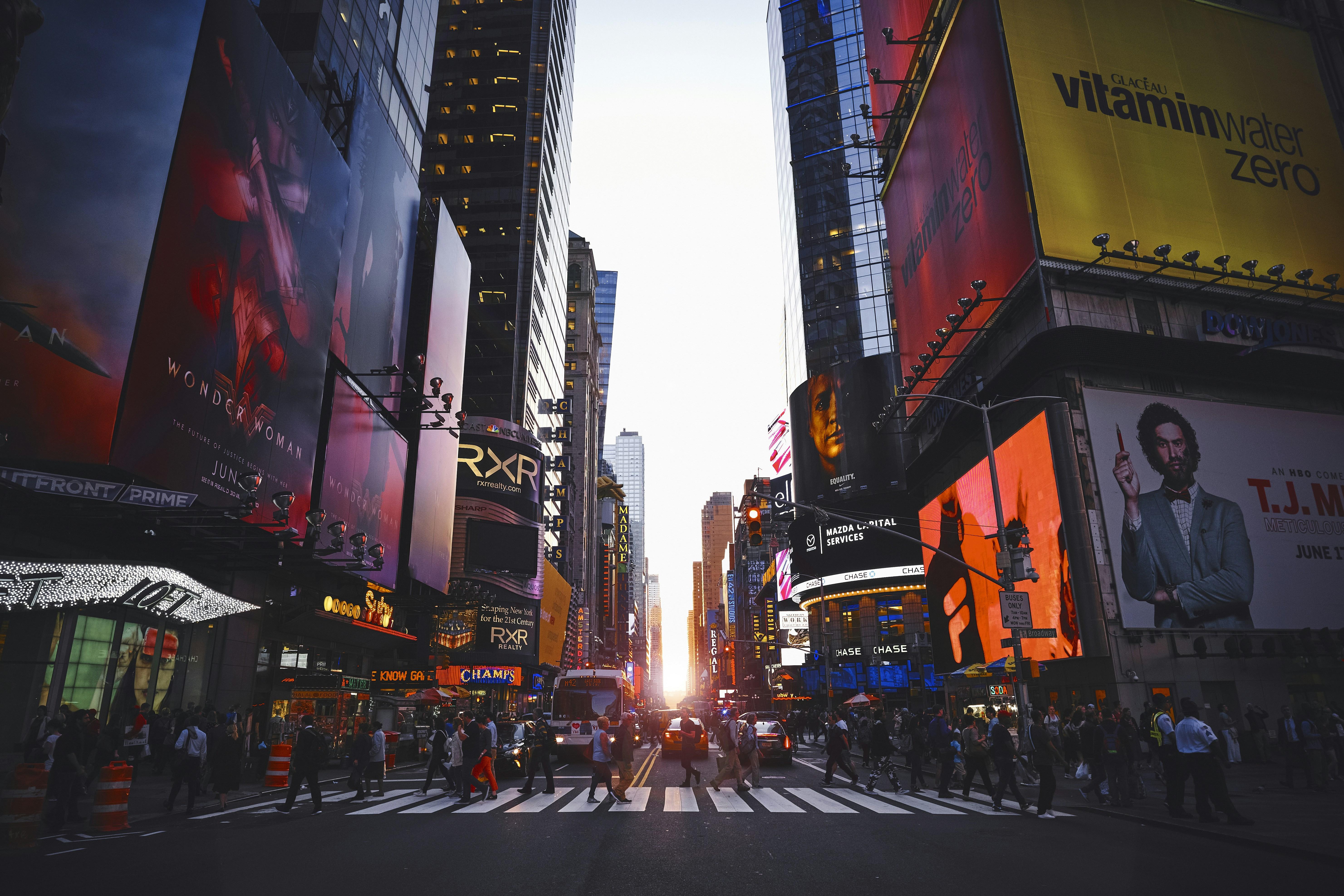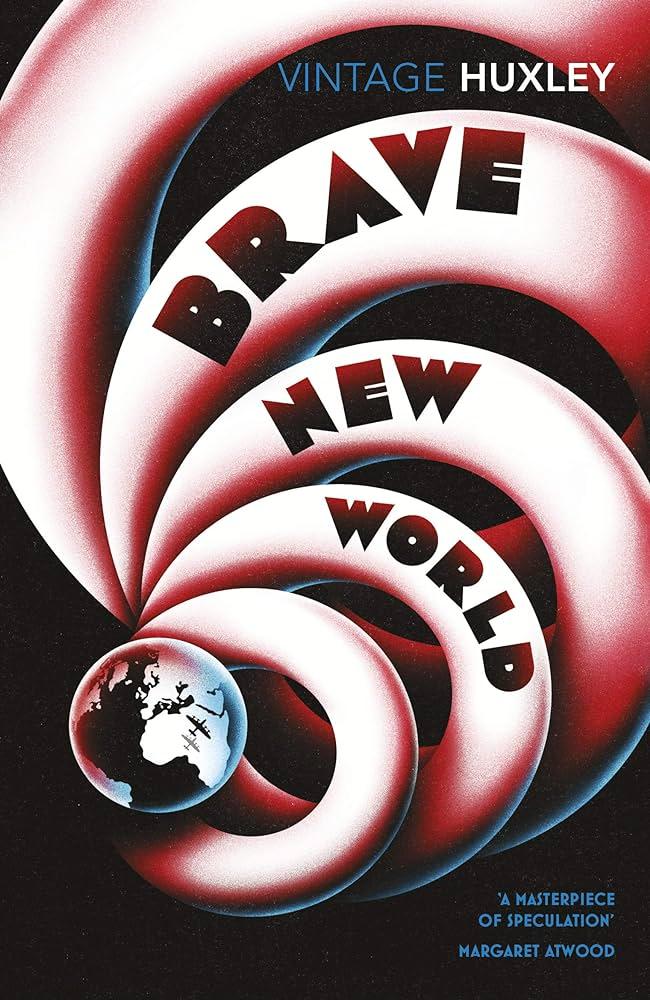Aldous Huxley‘s “Brave New World” stands as a seminal piece of dystopian literature, offering a profound exploration into the perils of a tightly controlled society. Published in 1932, the novel presents a future where human lives are meticulously regulated by an omnipotent state, which employs advanced technology and psychological manipulation to maintain order and conformity. This controlled utopia, where individuality is sacrificed at the altar of stability and happiness, serves as a cautionary tale that resonates with contemporary concerns about the balance between freedom and security. Through its depiction of a world devoid of personal autonomy, “Brave New World” invites readers to critically examine the implications of relinquishing control to governing powers, raising essential questions about the cost of societal harmony and the value of human individuality. This article delves into the mechanisms of control depicted in the novel, analyzing how Huxley underscores the inherent dangers of such a system and the enduring relevance of his vision in today’s world.
Societal Manipulation and the Loss of Individuality
In Aldous Huxley’s dystopian vision, societal manipulation is achieved through the systematic control of every aspect of human life, leading to the erosion of individuality. The novel presents a world where the government employs technology and psychological conditioning to maintain stability and ensure conformity. Citizens are conditioned from birth to accept their predetermined roles and to shun any form of dissent or deviation from societal norms. This process results in the suppression of personal identity and critical thinking, as individuals become mere cogs in the machine of the state.
Key methods of control in the society depicted in Brave New World include:
- Genetic Engineering: People are engineered for specific societal roles, ensuring that each person fits perfectly into the social hierarchy.
- Hypnopaedia (Sleep-Teaching): Repeated messages during sleep condition individuals to accept societal values and norms without question.
- Soma: A drug that suppresses emotions and provides an escape from reality, keeping the population docile and content.
- Mass Entertainment: Sensory distractions prevent individuals from engaging in deep thought or seeking meaningful connections.
Through these mechanisms, Huxley illustrates the dangers of a society that prioritizes uniformity and stability over personal freedom and individuality. The loss of self-awareness and autonomy is depicted as a profound consequence of such manipulation, serving as a cautionary tale about the perils of sacrificing individuality for the illusion of a perfect society.
The Role of Technology in Enforcing Compliance
In Aldous Huxley’s Brave New World, technology serves as a formidable tool for ensuring societal compliance, illustrating both its capacity for control and the potential risks it poses. The World State employs advanced technological methods to maintain order and conformity among its citizens, creating a society where individual freedom is sacrificed for the illusion of stability. Through genetic engineering, psychological manipulation, and the omnipresent surveillance of the populace, technology ensures that the needs and desires of the state supersede those of the individual.
- Genetic Engineering: The use of biotechnology to predetermine the roles and intelligence of citizens ensures a rigid caste system, effectively eliminating the unpredictability of human nature.
- Psychological Manipulation: Techniques such as hypnopaedia condition individuals from birth to accept societal norms without question, embedding a deep-seated obedience.
- Surveillance: Continuous monitoring ensures that deviant behaviors are swiftly corrected, maintaining a seamless façade of harmony.
These mechanisms highlight the potential for technology to not only streamline governance but also to erode personal autonomy, raising critical questions about the balance between technological advancement and individual rights.

Psychological Conditioning as a Tool for Control
In Aldous Huxley’s “Brave New World,” psychological conditioning emerges as a pivotal mechanism to enforce conformity and maintain societal stability. The narrative demonstrates how the World State uses psychological manipulation from birth to control its citizens, ensuring that they accept their predetermined roles without question. Through a process called “hypnopaedia,” or sleep-teaching, individuals are bombarded with repetitive messages that shape their beliefs and desires, effectively eradicating any potential for dissent or individuality. This manipulation is not limited to intellectual conditioning; emotional responses are also carefully engineered, as seen in the administration of “soma,” a drug that dulls emotional discomfort and fosters a superficial sense of happiness.
- Identity Suppression: From the moment of birth, individuals are stripped of personal identity, replaced by caste-based identities that dictate their function in society.
- Desire Manipulation: Citizens are conditioned to desire only what the State deems necessary, eliminating personal ambition and critical thought.
- Emotional Control: Emotions are regulated through pharmacological interventions, ensuring a population that remains content and compliant.
The novel serves as a cautionary tale, illustrating the perils of a society that sacrifices individuality and critical thinking for the illusion of harmony and order. Huxley warns of a future where psychological conditioning is not just a tool for governance but a means to obliterate the very essence of humanity—free will and personal identity.

Balancing Freedom and Stability in Modern Societies
In Aldous Huxley’s “Brave New World,” the portrayal of a meticulously controlled society serves as a profound exploration of the delicate equilibrium between freedom and stability. The narrative unfolds in a world where individuality is sacrificed for the sake of social harmony and technological advancement. This fictional society is marked by its rigorous regulation of human emotions, relationships, and even thoughts, illustrating the potential perils of prioritizing stability over personal freedom. Through the lens of Huxley’s dystopia, readers are prompted to question the true cost of a peaceful, orderly existence when it comes at the expense of human autonomy and diversity.
- Social Engineering: Citizens are conditioned from birth to accept their roles without question, ensuring societal order but eroding personal choice.
- Emotional Suppression: The use of the drug ‘soma’ to eliminate discomfort and maintain happiness highlights the loss of genuine human experience.
- Uniformity over Individuality: The eradication of cultural and personal differences in favor of a homogenous society showcases the dangers of enforced conformity.
Huxley’s work invites a critical examination of modern societies, where technological advancements and governance can similarly threaten individual freedoms. As the lines between freedom and control blur, “Brave New World” serves as a cautionary tale, urging vigilance in safeguarding the liberties that define human existence.
